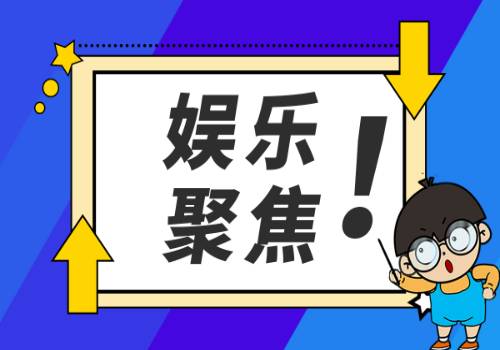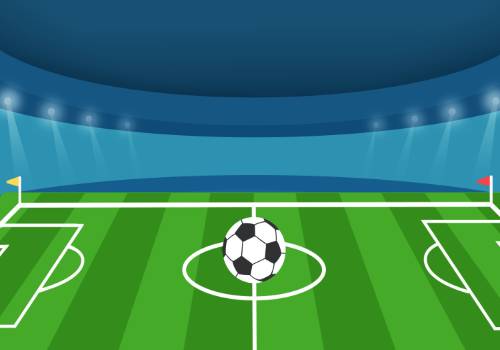
2023-05-06
互联网 2023-05-06 13:54:09
1、题主,我做出一下补充,因为“由于”意思的短语有三个常见的需要区分。
2、due to, because of与owing to的区别 ①首先,共同点:三者均可表示“由于”、“因为”,“缘于”②不同点:按照传统的语法:due to 主要引导表语,而 because of, owing to 两者都主要引导状语。
 (资料图片仅供参考)
(资料图片仅供参考)
3、例如:His illness is due to bad food. 他生病是由于吃了不好的食物。
4、【这是引导bad food表语成分】The accident was due to careless driving. 这次车祸起因于驾驶疏忽。
5、【这是引导careless driving的表语成分】He can’t come because of the bad weather. 他不能来是因为天气不好。
6、【这里引导作为原因状语的成分】Owing to the rain, the match was cancelled. 比赛因雨被取消了。
7、【这里引导原因状语的成分】③但是在现代英语中,due to 也可用来引导状语,而 owing to 也可以用来引导表语。
8、例如:由于交通拥挤他迟到了。
9、正:He was late due to [owing to, because of] the very heavy traffic.正:Due to [Owing to, Because of] the very heavy traffic, he was late.because of 通常只用来引导状语,若引导表语,主语通常应为代词。
10、如:It is all because of what you said. 那完全是因为你说的话接下来回复你的问题中的“2.动词之后可以接介词吗?”动词后面是宾语,介词后面还有宾语的话就可以动词后接借此。
11、例如:live in the city 介词后面带宾语才能用。
12、这是在动词是不及物动词的时候使用的。
13、因为不及物动词不能直接接宾语。
本文就为大家分享到这里,希望小伙伴们会喜欢。

2023-05-06

2023-05-06

2023-05-06

2023-05-06

2023-05-06

2023-05-06

2023-05-06

2023-05-06

2023-05-06

2023-05-06

2023-05-06

2023-05-06

2023-05-06

2023-05-06

2023-05-06

2023-05-06

2023-05-06

2023-05-06

2023-05-05

2023-05-05